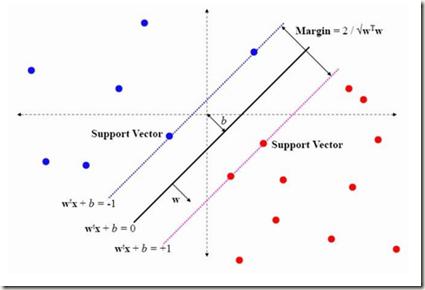Recent research has shown that the security of power grids can be seriously threatened by botnet-type cyber attacks that target a large number of high-wattage smart electrical appliances owned by end-users. Accurate detection and localization of such attacks is of critical importance in limiting the damage. To this end, the paper proposes a novel technique using capsule networks (CNs) tailored to the power grid security application that uses the frequency and phase angle data monitored by phasor measurement units (PMUs). With the benefit of vector output from capsules and dynamic routing agreements between them, CNs can obtain accurate detection and localization performance. To demonstrate the efficiency of the suggested technique, we compare the developed CN with benchmark data-driven methodologies, including two-dimensional convolutional neural networks (2D-CNN), one-dimensional CNN (1D-CNN), deep multi-layer perceptrons (MLP), and support vector machines (SVM). Simulations are performed on IEEE 14-, 39-, and 57-bus systems, considering various real-world issues such as PMU delays, noisy data, and missing data points. The results show that CNs significantly outperform other techniques, thus making them suitable for the aforementioned cyber security applications.
翻译:最近的研究显示,针对终端用户拥有的大量高瓦智能智能电器的肉网型网络攻击可能严重威胁到电网的安全。准确探测和定位这类攻击对于限制损害至关重要。为此,本文件提议了一种新型技术,即利用电网安全应用专门设计的胶囊网络(CNs),利用由散射测量单位监测的频率和阶段角度数据;利用胶囊和动态航线协议产生的矢量输出,氯化萘可以获得准确的检测和本地化性能。为显示所建议的技术的效率,我们将开发的氯化萘与基准数据驱动的方法进行比较,包括两维的动态神经网络(2D-CNN)、一维的CNN(1D-CNN)、深层多层透视器(MLP),以及支持矢量机器(SVM)等。模拟是在IEEE14、39和57客流系统上进行的,考虑到各种现实世界问题,例如PMU延迟、噪音数据、网络安全性数据,从而显示其他技术大大取代了上述技术。



